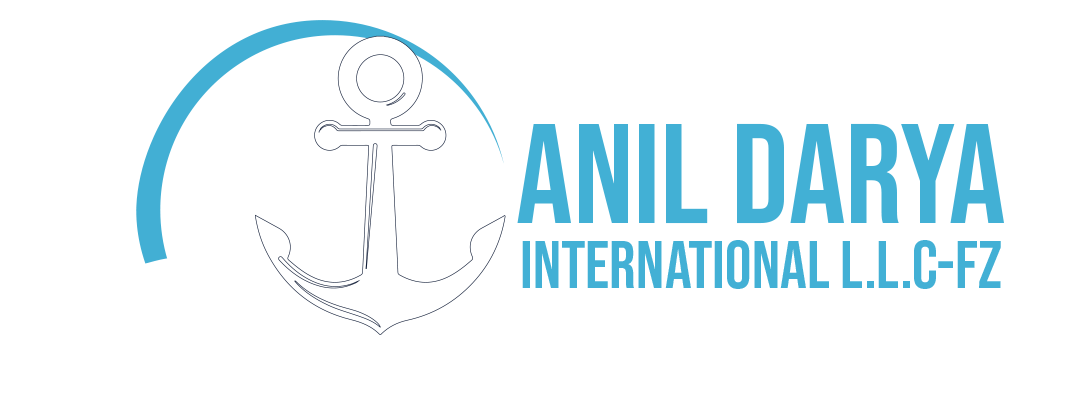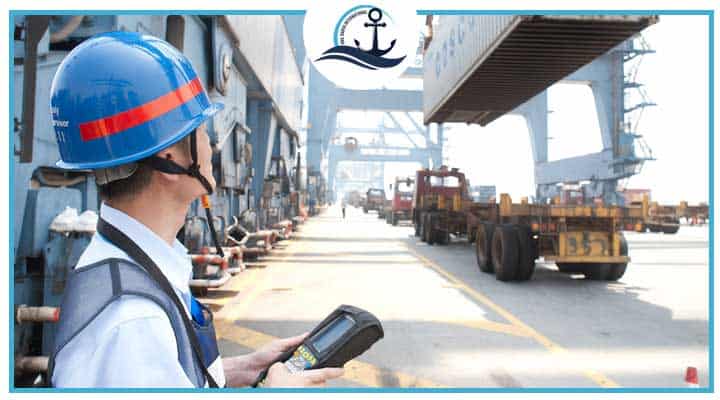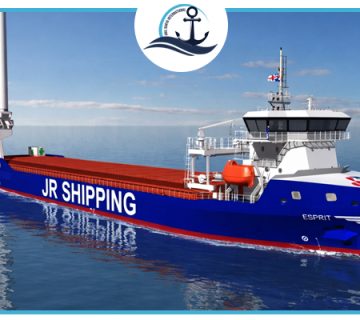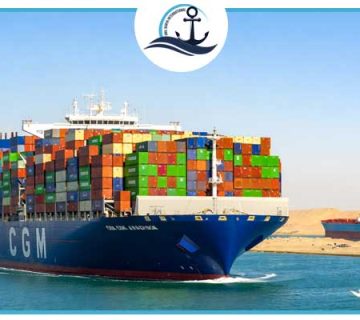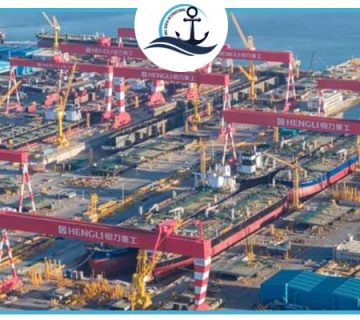|
Getting your Trinity Audio player ready...
|
BIMCO Drafts New Clause to Address Chinese Port Fees on US-Linked Vessels
BIMCO, the world’s largest international shipping association, has begun drafting a new standard contract clause to address the recently imposed Chinese “Special Port Fees” on vessels linked to the United States, in a move aimed at providing legal clarity and stability to global sea freight operations caught in escalating geopolitical tensions.
Legal Response to New Chinese Port Fees
The clause — now being fast-tracked by a BIMCO subcommittee of legal and commercial experts — is designed to help shipowners, operators, and charterers manage cost allocation and potential disputes under charter party agreements impacted by Beijing’s new fees.
China’s Maritime Safety Administration (MSA) began enforcing the Special Port Fees on October 14, targeting ships that are US-built, US-flagged, or owned or operated by US entities. These levies mirror similar port fees introduced by the United States Trade Representative (USTR) on China-linked tonnage, underscoring the deepening maritime trade confrontation between the two powers.
“Our industry is navigating escalating geopolitical uncertainty and trade restrictions,”
said David Loosley, BIMCO’s Secretary General and CEO.
“To help reduce contractual uncertainty, we are developing a new clause addressing the Chinese fees, just as we did earlier this year for the USTR’s port fees on Chinese-related ships.”
Fast-Tracked Clause Development
BIMCO confirmed that the Documentary Committee — which adopted the USTR Clause in July 2025 to cover US-imposed port surcharges — is now accelerating work on a Chinese counterpart to ensure consistent contractual protection.
Stinne Taiger Ivø, BIMCO’s Deputy Secretary General and Director of Contracts, said the organization had already begun receiving member enquiries from shipowners and charterers seeking guidance.
“Following the development of our USTR Clause for time charter parties, we are now receiving requests for a clause addressing the new Chinese port fees,” Ivø explained. “Our expedited procedure allows the Committee to act with urgency.”
Once finalized, the Chinese Port Fees Clause will clarify who bears responsibility for these new costs — whether the shipowner, operator, or charterer — under charter party contracts, helping to avoid disputes and maintain commercial efficiency across the global sea freight market.
Broader Context: Port Fees as Tools of Trade Policy
The drafting effort comes amid a series of tit-for-tat trade measures between Beijing and Washington, which have already reshaped freight patterns and driven up sea freight rates worldwide.
The United States began collecting port fees on Chinese-linked vessels on October 14, prompting China to respond in kind with its “Special Port Fees” the same day. Analysts warn that these parallel charges could create legal uncertainty, longer voyage times, and higher operational costs, particularly for companies trading on US-China routes.
Industry observers see BIMCO’s proactive legal framework as a crucial tool to help mitigate contractual risk as maritime statecraft increasingly influences global sea.
